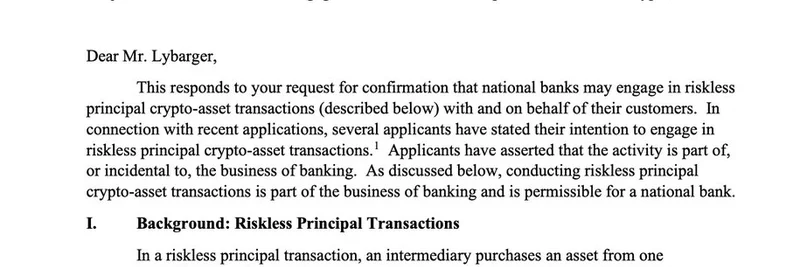Big news just dropped in the crypto world, courtesy of a tweet from BSCN Headlines. HSBC and ICBC, two banking giants, are reportedly planning to apply for stablecoin licenses in Hong Kong. This comes right as the city's new regulatory regime for stablecoins kicks in. If you're into meme tokens or just crypto in general, this could be a game-changer. Let's break it down step by step.
What's Happening with Stablecoins in Hong Kong?
Stablecoins are cryptocurrencies designed to maintain a stable value, often pegged to fiat currencies like the US dollar. Unlike volatile assets such as Bitcoin or your favorite meme token, they provide a reliable way to store value or make transactions in the crypto space.
Hong Kong has been pushing to become a crypto hub, and on August 1, 2025, their new licensing regime for stablecoin issuers went live. This is under the Hong Kong Monetary Authority (HKMA), which is basically the city's central bank. The goal? To regulate stablecoin issuance, ensuring they're safe, transparent, and backed by real assets. According to reports, only a handful of licenses—fewer than 10—will be granted in the initial phase to keep things controlled and high-quality.
Now, enter HSBC and ICBC (Asia). These aren't small players; HSBC is a global banking behemoth, and ICBC is the world's largest bank by assets. They're joining others like Bank of China (Hong Kong) in expressing interest. This move signals that traditional finance (TradFi) is seriously dipping its toes into crypto waters. For more details on the regime, check out the HKMA's official page.
Why Are Banks Interested?
Banks like HSBC and ICBC see stablecoins as a bridge between traditional banking and blockchain. Issuing their own stablecoins could allow them to offer faster, cheaper cross-border payments, especially in Asia where Hong Kong is a financial gateway. Plus, with China's ICBC involved (through its Asia arm), it hints at broader Asian adoption, even as mainland China remains crypto-skeptical.
From a regulatory standpoint, Hong Kong's framework requires issuers to hold reserves in licensed banks, maintain transparency, and comply with anti-money laundering rules. This creates a safe environment that attracts big institutions wary of crypto's wild west reputation.
How Does This Tie into Meme Tokens?
Meme tokens, those fun, community-driven coins like Dogecoin or newer ones on chains like Solana or Base, thrive on volatility but need stable entry and exit points. Stablecoins are the on-ramps: you trade fiat for a stablecoin, then swap into memes without wild price swings in between.
If HSBC and ICBC get licensed, we could see more institutional-grade stablecoins flowing into exchanges. This might mean:
Increased Liquidity: More stablecoin options could pump liquidity into meme token markets, making it easier to buy and sell without slippage.
Mainstream Adoption: Banks entering the space legitimizes crypto, potentially drawing in normie investors who then discover meme tokens.
Regulatory Ripple Effects: Hong Kong's success could inspire other regions, creating a more stable global environment for meme trading.
Of course, it's not all upside. Stricter regs might squeeze out smaller players, but for meme enthusiasts, more stability often means more room for moonshots.
What's Next?
The HKMA expects to grant the first licenses early next year, so keep an eye out. In the meantime, this development underscores how crypto is maturing. If you're building or trading meme tokens, stablecoins like these could be your new best friend.
For the full scoop, dive into reports from Coinpedia or AInvest. Stay tuned to Meme Insider for more updates on how traditional finance is crashing the meme party!



